If stiff knees, sore hips, or aching fingers are slowing you down, your diet could be part of the solution. Certain foods are rich in nutrients that support joint function, reduce inflammation, and help protect cartilage from wear and tear. Whether you’re managing arthritis, recovering from injury, or simply want to stay mobile and pain-free, adding the right ingredients to your meals can make a noticeable difference. In this guide, you’ll discover 15 powerful foods that naturally support joint health—delicious, everyday options that nourish your body and help keep you moving with comfort and ease.
1. Fatty Fish
Salmon, sardines, and mackerel aren’t just heart-healthy—they’re a joint’s best friend. These oily fish are packed with omega-3 fatty acids, which have been shown to reduce joint stiffness, morning pain, and inflammation associated with arthritis. Omega-3s help block inflammatory pathways and decrease levels of inflammatory markers in the body. Fatty fish also provide vitamin D, important for bone strength. Aim for two servings a week to maximize the benefits. Whether grilled, baked, or added to a salad, fatty fish are a powerful addition to any anti-inflammatory, joint-supportive diet.
2. Whole Grains
Starting your day with a bowl of oatmeal or swapping white rice for quinoa can do more than improve your energy—it may also soothe your joints. Whole grains like brown rice, barley, oats, and quinoa are rich in fiber, which helps lower C-reactive protein (CRP), a blood marker linked to inflammation.
They also provide B vitamins and minerals that support bone strength. Unlike refined grains, whole grains digest more slowly and don’t spike blood sugar, reducing inflammation-related stress on the body. Incorporating whole grains into daily meals is a smart way to protect joints while fueling the rest of you.
3. Nuts and Seeds
Crunchy and satisfying, nuts and seeds provide more than healthy fats—they offer joint-protective nutrients. Walnuts, flaxseeds, chia seeds, and almonds are rich in omega-3s, magnesium, and antioxidants, all of which help combat inflammation and support joint tissue.
These small but mighty foods also contribute to maintaining strong bones and reducing oxidative damage. Flaxseeds and chia seeds in particular contain alpha-linolenic acid (ALA), a plant-based omega-3 that’s especially beneficial for vegans or vegetarians. Sprinkle them over cereal, mix into salads, or snack on a handful daily for a joint-friendly boost.
4. Leafy Greens
Spinach, kale, collards, and other leafy greens are nutritional powerhouses when it comes to joint health. Rich in antioxidants, vitamin K, calcium, and folate, these vegetables help protect cartilage, reduce oxidative stress, and support bone strength. Vitamin K, in particular, has been linked to lower risk of osteoarthritis progression. Leafy greens also contain sulforaphane, a compound that may help block the enzyme that causes joint damage. Add them raw to salads, blend into smoothies, or cook into soups and stir-fries. These vibrant greens nourish your joints with every bite.
5. Olive Oil
A staple of the Mediterranean diet, extra virgin olive oil is rich in monounsaturated fats and a powerful anti-inflammatory compound called oleocanthal. This natural chemical works in a way similar to ibuprofen by blocking inflammatory enzymes, which may help reduce joint pain and stiffness.
Studies have shown that olive oil may lower levels of C-reactive protein (CRP), a key marker of inflammation. Use it as a salad dressing, drizzle over roasted vegetables, or cook with it instead of butter. When it comes to nourishing your joints, olive oil is a smooth and flavorful choice.
6. Garlic
This pungent little bulb has more to offer than flavor. Garlic contains sulfur compounds like diallyl disulfide, which may limit cartilage damage by inhibiting inflammatory enzymes. Its anti-inflammatory and immune-supporting properties make it especially beneficial for those managing joint pain or autoimmune conditions like rheumatoid arthritis. Research suggests garlic may also improve overall bone health. Whether minced into sauces, roasted whole, or stirred into soups, it adds both depth and nutritional value. Eating garlic regularly can help reduce inflammation at the cellular level—one aromatic clove at a time.
7. Berries
Berries like strawberries, blueberries, and raspberries pack a punch far beyond their sweet taste. Bursting with antioxidants and plant compounds like anthocyanins, berries help combat oxidative stress and reduce inflammatory markers in the body.
Regular berry consumption has been associated with less joint pain and stiffness, especially in people with arthritis. They’re also high in vitamin C, essential for collagen production and maintaining cartilage integrity. Toss them into yogurt, oatmeal, or smoothies for a delicious way to support joint health naturally. Their vibrant colors reflect the potent nutrients inside.
8. Green Tea
What you sip can be just as important as what you eat. Green tea is packed with powerful antioxidants called polyphenols, which help protect cartilage and reduce inflammation in joints. One specific compound—epigallocatechin-3-gallate (EGCG)—has been shown to block molecules that cause joint damage in arthritis. Unlike sugary beverages or excess caffeine, green tea hydrates while delivering therapeutic effects. Drinking one to three cups a day can provide steady anti-inflammatory support. Whether hot or iced, green tea is a calming, joint-loving choice that fits seamlessly into a wellness-focused lifestyle.
9. Citrus Fruits
Tangy and refreshing, citrus fruits like oranges, lemons, and grapefruits deliver a hefty dose of vitamin C—essential for the production of collagen, the protein that cushions joints and maintains cartilage. These fruits are also rich in flavonoids, which help reduce inflammation and oxidative stress. Regular consumption of citrus may help reduce the risk of inflammatory arthritis and joint degeneration. Enjoy citrus segments as a snack, squeeze fresh juice into water, or zest the peel into sauces and dressings. However you use them, citrus fruits are a bright, zesty way to nourish your joints from the inside out.
10. Bone Broth
Few comfort foods offer the healing potential of bone broth. Simmered from bones and connective tissue, this rich, savory liquid is loaded with collagen, glucosamine, and chondroitin—compounds known to support cartilage and ease joint discomfort.
Bone broth also contains minerals like calcium and magnesium that promote strong bones and connective tissues. Drinking it regularly may help lubricate joints, reduce inflammation, and support recovery from wear and tear. Sip it straight, use it as a base for soups, or stir it into grains. Bone broth is simple, satisfying, and surprisingly therapeutic for joint health.
11. Avocados
Creamy, satisfying, and nutrient-dense, avocados bring more to the table than just healthy fats. They’re rich in monounsaturated fats, which help reduce inflammation in the body—including the joints. Avocados also contain vitamin E, a powerful antioxidant that may ease joint pain and slow cartilage breakdown. Plus, their high levels of potassium and magnesium support bone strength and reduce muscle cramps. Blend them into smoothies, spread on toast, or toss in a salad. However you enjoy them, avocados are a delicious, anti-inflammatory addition to a joint-friendly diet that tastes as good as it is good for you.
12. Turmeric
Few spices rival turmeric’s reputation when it comes to natural inflammation relief. Its active compound, curcumin, has been extensively studied for its ability to block inflammatory pathways and reduce joint pain—especially in people with arthritis.
Turmeric’s bright yellow hue makes it a vibrant addition to curries, soups, and even lattes. Pairing it with black pepper enhances absorption, making the benefits even more effective. Turmeric may also help protect joint cartilage from degradation over time. For those seeking a plant-powered remedy to daily aches and stiffness, turmeric offers a flavorful and science-backed option for joint support.
13. Broccoli
This green cruciferous vegetable delivers more than crunch—it offers joint protection at the cellular level. Broccoli contains sulforaphane, a compound shown to block enzymes that cause joint deterioration and inflammation. It’s also high in vitamins C and K, both essential for bone and connective tissue health. As a bonus, broccoli is low in calories and rich in fiber, making it an ideal choice for maintaining a healthy weight—another key factor in joint relief. Steam it, roast it, or add it raw to salads. However you cook it, broccoli is a green machine for joint wellness.
14. Beans
Beans may be humble, but they’re a true asset for joint health. Packed with fiber, plant-based protein, iron, and magnesium, beans help lower inflammation while fueling your muscles and bones. They also support gut health, which is closely tied to the body’s inflammatory response.
Black beans, lentils, and chickpeas are especially beneficial, offering antioxidants that can ease joint stiffness and pain. Swap them in for meat a few times a week for a budget-friendly, anti-inflammatory boost. Easy to cook and endlessly versatile, beans prove that even the simplest foods can pack a big health punch.
15. Sweet Potatoes
Naturally sweet and packed with nutrients, sweet potatoes are a comfort food with healing potential. They’re rich in beta-carotene (a precursor to vitamin A), vitamin C, and manganese—antioxidants that help reduce oxidative stress in joints. Their fiber content supports healthy digestion and weight management, which can relieve pressure on weight-bearing joints. Unlike refined carbs, sweet potatoes have a low glycemic index, helping to keep inflammation in check. Baked, mashed, or roasted, sweet potatoes offer a nourishing, anti-inflammatory side that supports both energy and joint strength—all while tasting like a treat.

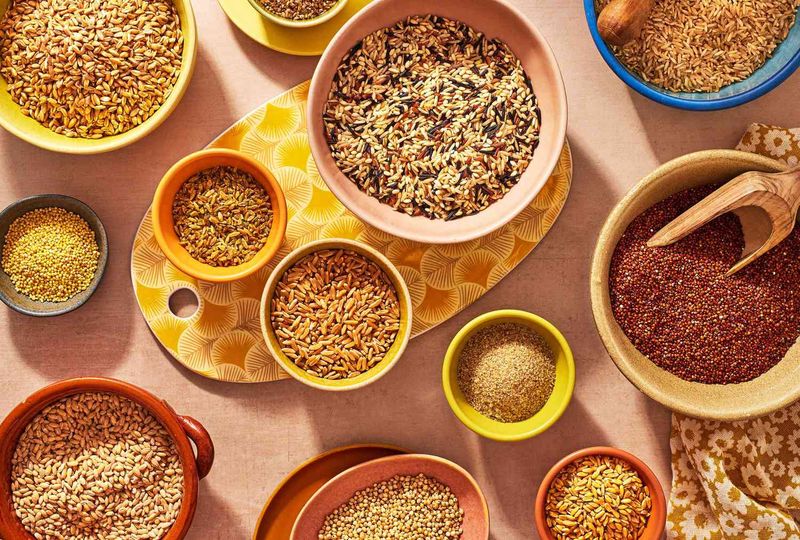

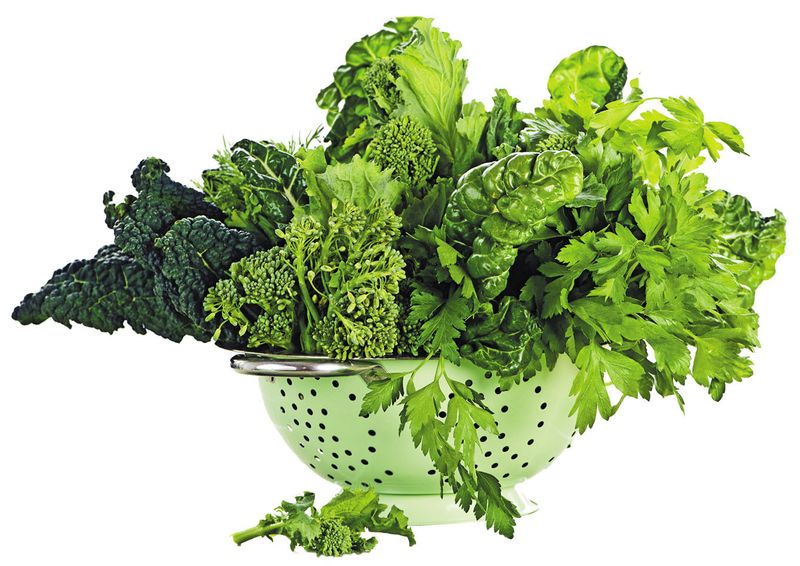

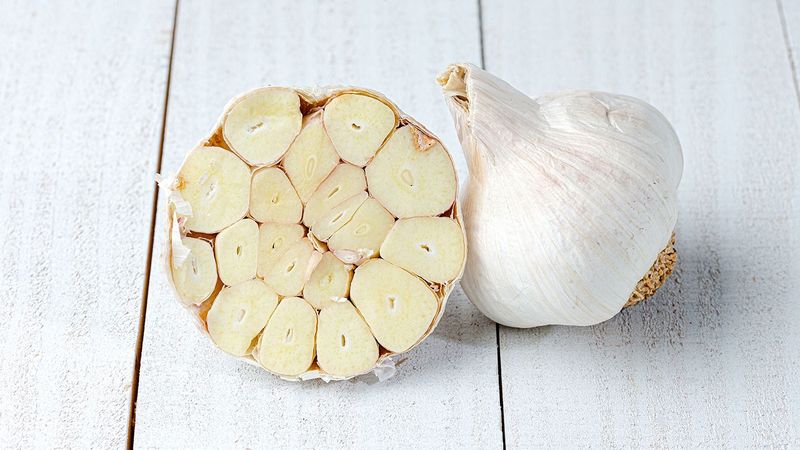



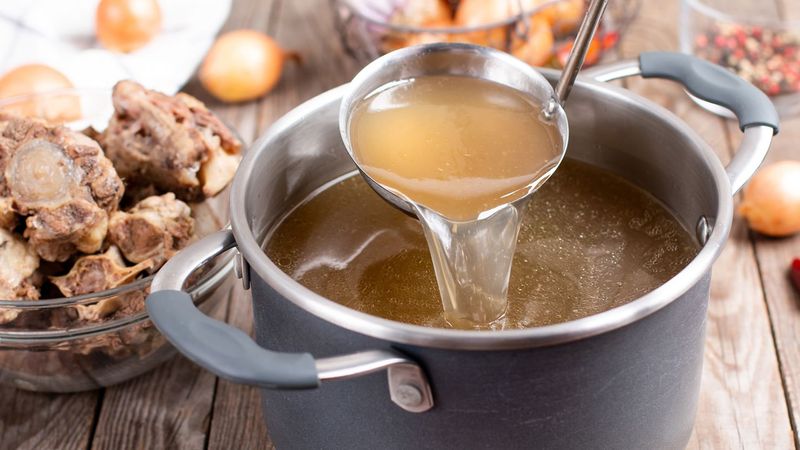
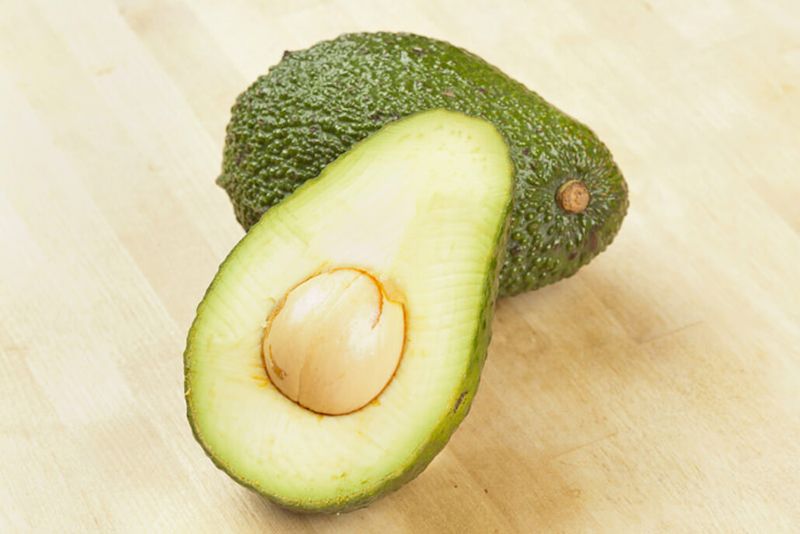
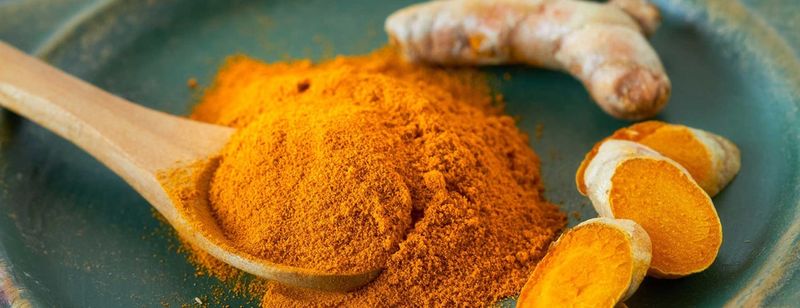
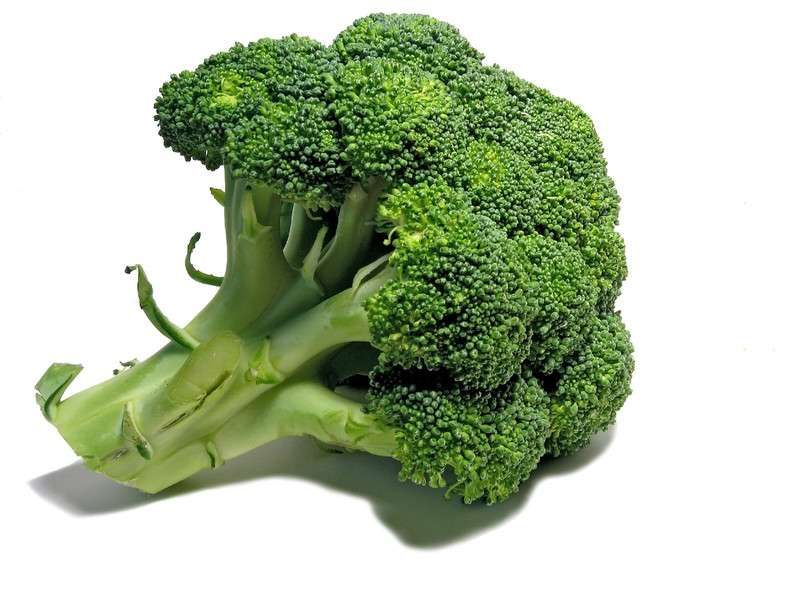
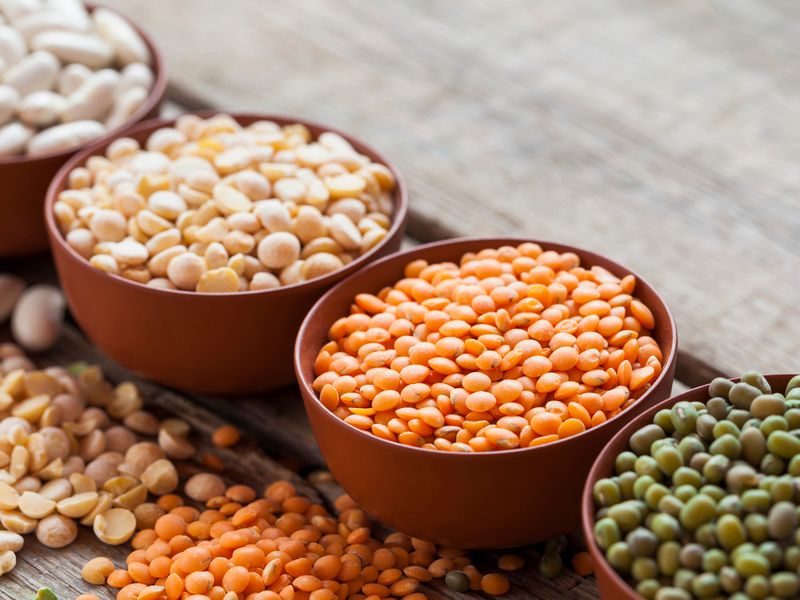

Leave a comment